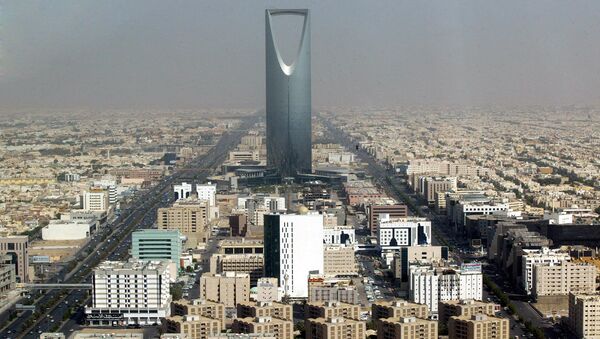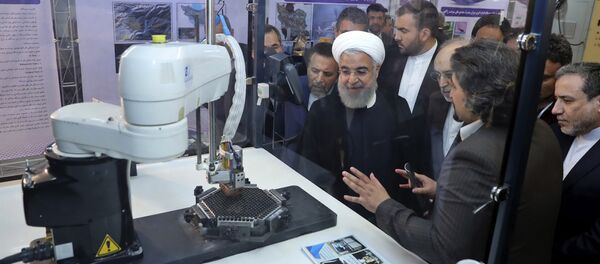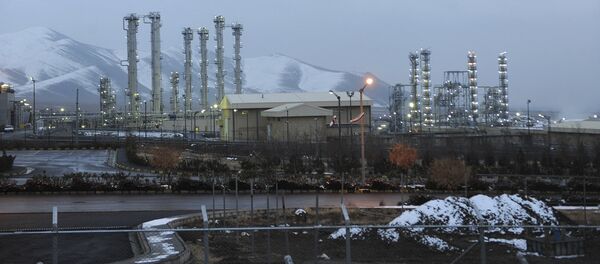Saudi Arabia backs the US stance on Iran and insists on expanding sanctions against the country, Saudi Arabia's Foreign Minister Adel Jubeir said at a joint press conference with US Secretary of State Mike Pompeo.
"It is necessary to introduce new sanctions in response to Iran's support for terrorism, its missile program and interference in the affairs of Arab countries. We support the policy of the US president [Donald Trump] concerning Iran, especially with regard to amending the nuclear agreement," Jubeir pointed out.
The US state secretary, in turn, said that Tehran "destabilizes the situation in the region:
"We will not turn a blind eye to its terrorist activities," he stressed. "If Iran fails to improve the nuclear deal, we will withdraw from it," Pompeo said, noting that the policy of the Islamic Republic "has deteriorated significantly after the conclusion of the agreement."
READ MORE: US to Be 'Startled' With Iran Response Readiness if It Withdraws From JCPOA
In August 2017, Trump enacted new sanctions against Iran targeting individuals who are engaged in the Iranian government's ballistic missile program, which "threatens Washington and its allies in the Middle East." The US also imposed restrictions on the Iranian Revolutionary Guard Corps (IRGC), an elite faction of Iran's military, which Washington claims is responsible for Tehran's "policy of supporting terrorists."
READ MORE: US Attempts to Dissuade Iran's Partners From Cooperation Violate JCPOA — Tehran
Responding to these accusations, Tehran stated that the US restrictions violated the provisions of the JCPOA, dubbed the Iran nuclear deal, which stipulates the gradual cancellation of sanctions in exchange for Tehran keeping its nuclear program peaceful.
However, the International Atomic Energy Agency (IAEA) has repeatedly certified that Tehran has been fulfilling its nuclear-related commitments. Following Trump’s statement, IAEA director General Yukiya Amano reiterated that "the nuclear-related commitments undertaken by Iran under the JCPOA are being implemented."
Tehran has repeatedly stated that the agreement is not subject to revision and if the US withdraws, Iran will have to take reciprocal measures.
The JCPOA was signed in July 2015 by Iran, five permanent members of the UN Security Council (Russia, Britain, China, the United States, France) and Germany. The agreement stipulated the abolition of anti-Iranian sanctions imposed by the UN, the US and the EU over the country's nuclear program.






